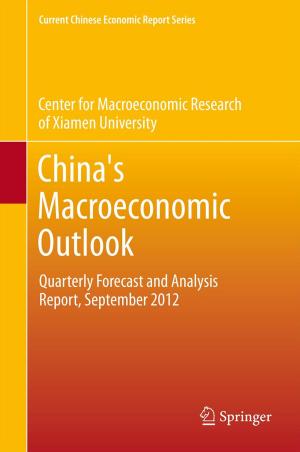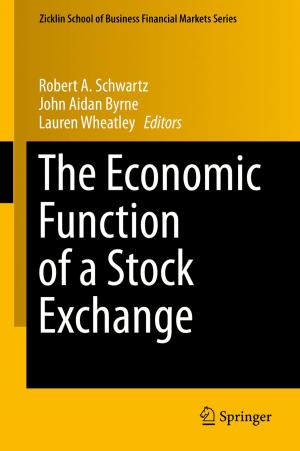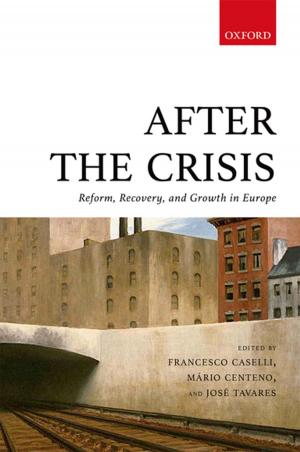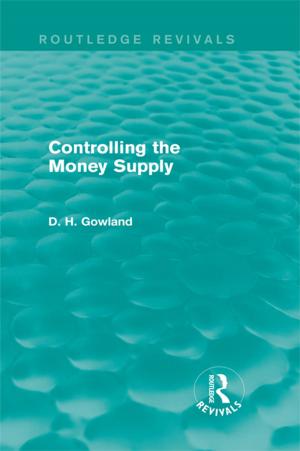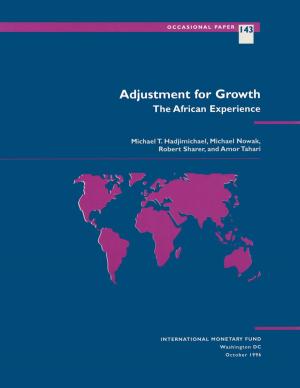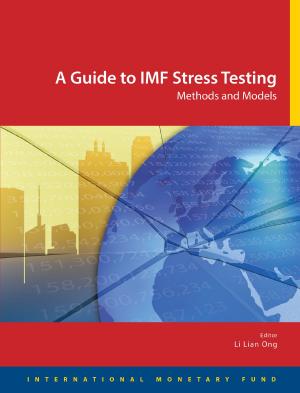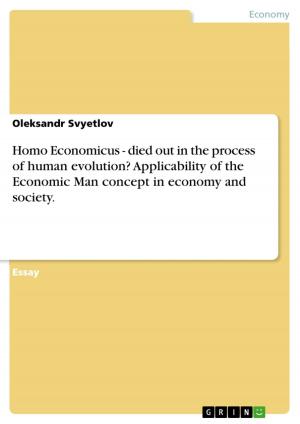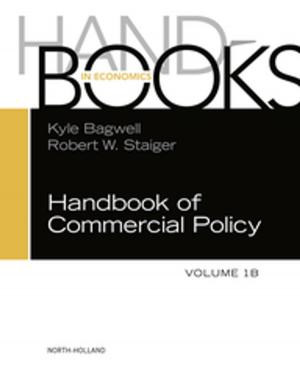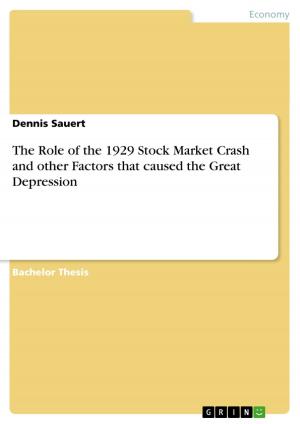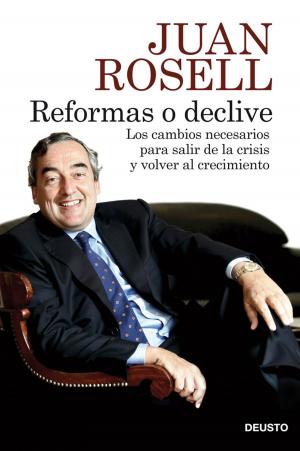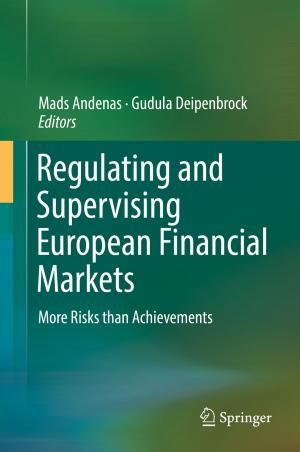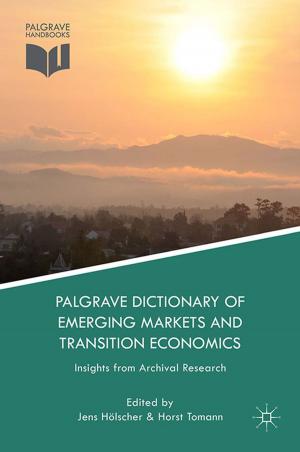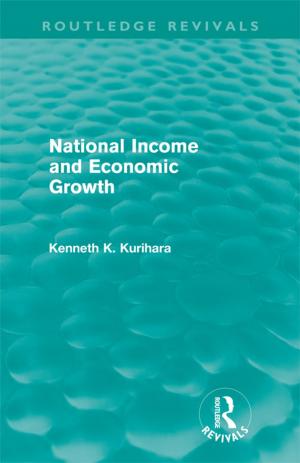The Fastest Billion
The Story Behind Africa's Economic Revolution
Business & Finance, Economics, Macroeconomics| Author: | Charles Robertson | ISBN: | 9780957420311 |
| Publisher: | Renaissance Capital | Publication: | November 20, 2012 |
| Imprint: | Language: | English |
| Author: | Charles Robertson |
| ISBN: | 9780957420311 |
| Publisher: | Renaissance Capital |
| Publication: | November 20, 2012 |
| Imprint: | |
| Language: | English |
From the vantage point of many in the West, Africa remains a continent of woe – a place stalked by ethnic conflict, corrupt dictatorships, religious strife, war and famine. But today, at last, the flawed mythology that treats Africa as a homogenous disaster area is being challenged by investors, economists, fund managers and academics. Age is not often associated with speed; but Africa, the cradle of civilisation, now has more of the world’s fastest-growing economies than any other. After a generation of relative stagnation in the late 20th Century, many in Africa have begun the long-awaited period of catch-up with the developed world. The bottom billion is becoming the fastest billion. This book, the work of a group of African economists and highly respected analysts from Renaissance Capital, the leading emerging markets investment bank, aims to accelerate the world’s realisation that Africa has no intention of allowing the coming decades to add up to an “Asian Century”. Africa’s day has arrived.
From the vantage point of many in the West, Africa remains a continent of woe – a place stalked by ethnic conflict, corrupt dictatorships, religious strife, war and famine. But today, at last, the flawed mythology that treats Africa as a homogenous disaster area is being challenged by investors, economists, fund managers and academics. Age is not often associated with speed; but Africa, the cradle of civilisation, now has more of the world’s fastest-growing economies than any other. After a generation of relative stagnation in the late 20th Century, many in Africa have begun the long-awaited period of catch-up with the developed world. The bottom billion is becoming the fastest billion. This book, the work of a group of African economists and highly respected analysts from Renaissance Capital, the leading emerging markets investment bank, aims to accelerate the world’s realisation that Africa has no intention of allowing the coming decades to add up to an “Asian Century”. Africa’s day has arrived.


